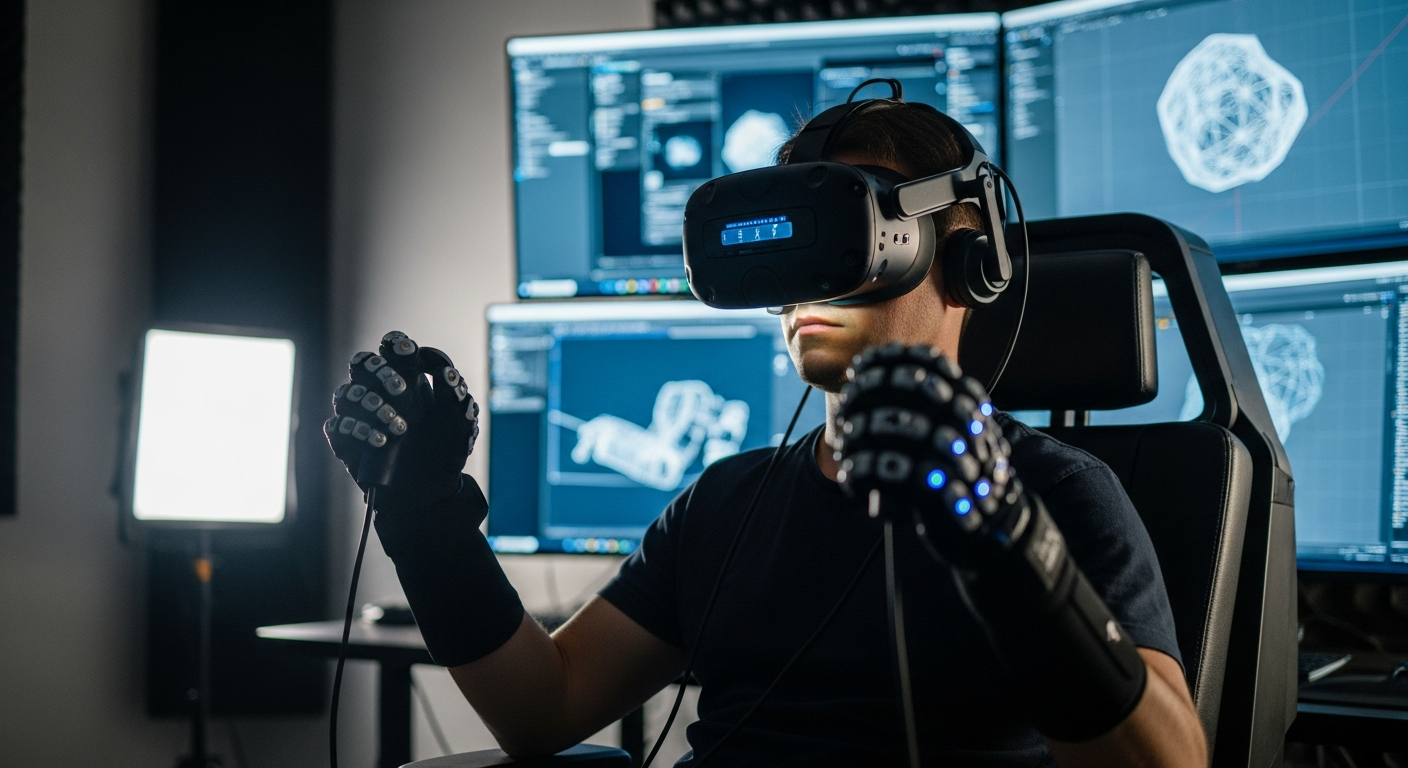Unpacking the Transformative Power of Technology in Modern Legal Practice
The world around us is constantly evolving, and with it, our legal landscapes. From artificial intelligence to blockchain, emerging technologies are reshaping the way we practice law. This article delves into the profound impacts of technology on modern legal practice, exploring how these advancements have transformed legal procedures and the implications for the future.

Background: The Intersection of Law and Technology
The intersection of technology and law is not a new concept. The legal profession has always been influenced by technological advancements. From the advent of typewriters, which revolutionized legal documentation, to the rise of the internet, which made legal research infinitely more efficient, technology has shaped the legal landscape in various ways. However, the pace and profundity of technological advancements in the 21st century have brought unprecedented changes to the practice of law.
The Digital Transformation of Legal Practice
The digital revolution has had a profound impact on modern legal practice. For instance, e-discovery, the process of identifying, collecting, and producing electronically stored information (ESI) in litigation, has dramatically changed how evidence is gathered and examined. Legal research and case preparation have also been transformed by AI-powered tools, enabling lawyers to analyze vast amounts of data efficiently.
Blockchain and Smart Contracts: A New Legal Frontier
Blockchain technology, best known for powering cryptocurrencies like Bitcoin, also holds significant potential for the legal field, particularly in the realm of smart contracts. These are self-executing contracts with the terms of the agreement directly written into lines of code. While the legal status and enforceability of smart contracts are still being explored, they represent a significant shift in how contracts could be drafted and executed in the future.
Artificial Intelligence and Legal Analysis
Artificial intelligence is increasingly being used in legal analysis, with AI-powered tools capable of predicting case outcomes based on past precedent. This technology can help streamline the decision-making process, reducing the time lawyers spend on research and allowing them to focus more on strategic aspects of a case.
The Future: Ethical and Regulatory Implications
While technology holds immense promise for the legal profession, it also presents new ethical and regulatory challenges. For instance, the use of AI in legal decision-making raises questions about transparency and accountability. Similarly, the rise of smart contracts necessitates a fresh legal framework for their regulation and enforcement.
The legal profession is at a transformative juncture, with technology offering new ways to practice law, deliver legal services, and administer justice. However, as we embrace these advancements, it is equally important to address the ethical and regulatory challenges they pose, ensuring that the law remains a tool for justice in the age of technology.






